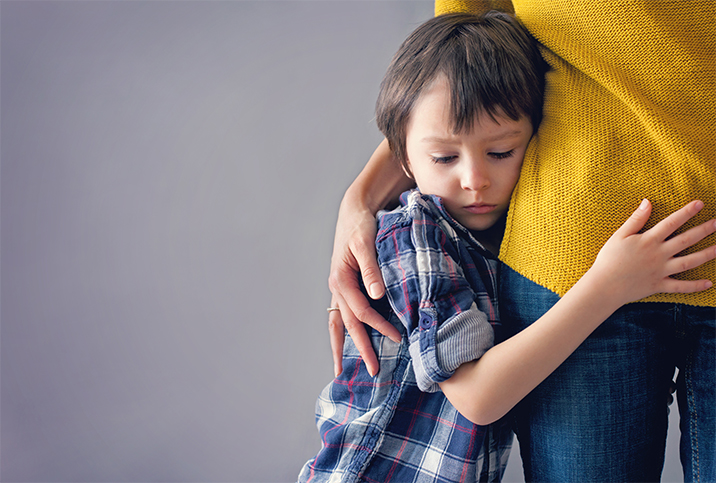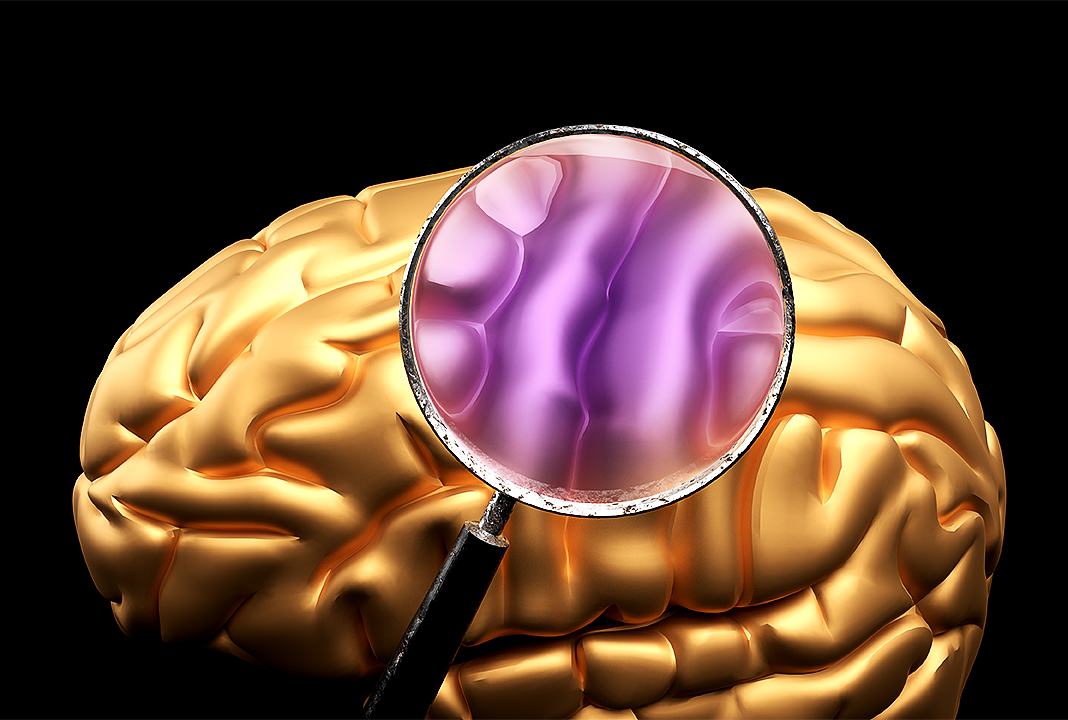Raising an Anxious Child as an Equally Anxious Mom

As an avid odd duck with an eccentric personality, those around me have learned to embrace the unconventional. Perpetually childlike yet wise beyond my years, I think it's safe to say many people labeled me as an anomaly early in life. What most people didn't realize was that my needs as an anomaly were largely ignored. Many of my issues that started in early childhood were either written off as quirks or assumed to be temporary issues I would figure out sooner or later as I grew up.
Make that much later. Although I was a smart person who could typically figure out most things on my own, that wasn't the case with my undiagnosed anxiety.
The game changer
On the outside, I was cool, friendly, vibrant and occasionally outgoing. However, inside was a different story. In college, I felt heart palpitations every time I had to speak in front of the class and found every excuse to get out of any assignment that involved presenting. During the same period I was graduating, I gave birth to a bouncy (colicky, rash-prone, allergy-ridden), beautiful baby boy.
Then, everything changed.
My baby was cute and cuddly, but his health issues—allergies, weight, development and more—nearly drove me crazy. For the first few months, I would literally carry him everywhere I went because if he didn't see my face (or at least smell my scent nearby), he bawled. I couldn't eat, hardly slept, cried all the time and lost all semblance of a social life.
Finding therapy
It didn't take long for my new therapist to diagnose me with general anxiety disorder. Eureka! I was able to start working on my issues. Nevertheless, as my son developed and overcame the issues we were faced with, I began to notice similar symptoms in him. He was happiest when we were at home, without company. He had grown to enjoy spending time with my mom, though it took more than a year before I could leave him and not worry about him screaming his head off until I returned.
After a quick, grief-stricken trip from denial to acceptance, I started to wonder what effect my anxious parenting was having on him. One day at a checkup with our pediatrician, I finally blurted it out: "I think he has anxiety."
The doctor referred me to a local therapist, and after one short session, my son was diagnosed with a mild case of general anxiety with a touch of separation anxiety. Although we had grown quite comfortable being each other's person, I had to consider the long-term implications and make some changes.
It started on the elevator
One day, I slowly stepped away from him on the elevator and moved to the other side. Panicked, he quickly pushed through the other people and grabbed hold of my arm so as to not let me get away.
"You know, we're still going to the same place, right?" I asked him, jokingly.
"Yeah, Mom," he said with a laugh.
"You know, we're both anxious people, right?" I asked.
"Yeah," he replied. "But is that bad?"
"No," I answered. "It just means we have to work to be more social and learn to meditate, do breathing exercises and other things that can help us be less anxious. See, anxiety is a natural emotion, but being anxious all the time is bad. You can get sick."
He didn't say much more then, but I could tell he understood. After watching his mother go back and forth to the doctor with unexplained stomach pains, kidney stones, gallstones and more, I think he knew just what kind of "sick" I meant.
From that day forward, we both started working toward creating a less codependent, healthier future. Rather than hugging and saying, "It'll be OK," when faced with anxiety, we both began responding with things like, "Did you meditate today?" or "Wanna take a walk and listen to some music?"
The less-anxious present
Although we have a ways to go, learning how to recognize our anxiety symptoms and combat them has been life-changing for both of us. Hopefully, we will one day get to the point where it's not a big deal for either of us. In the meantime, we at least have each other.
















